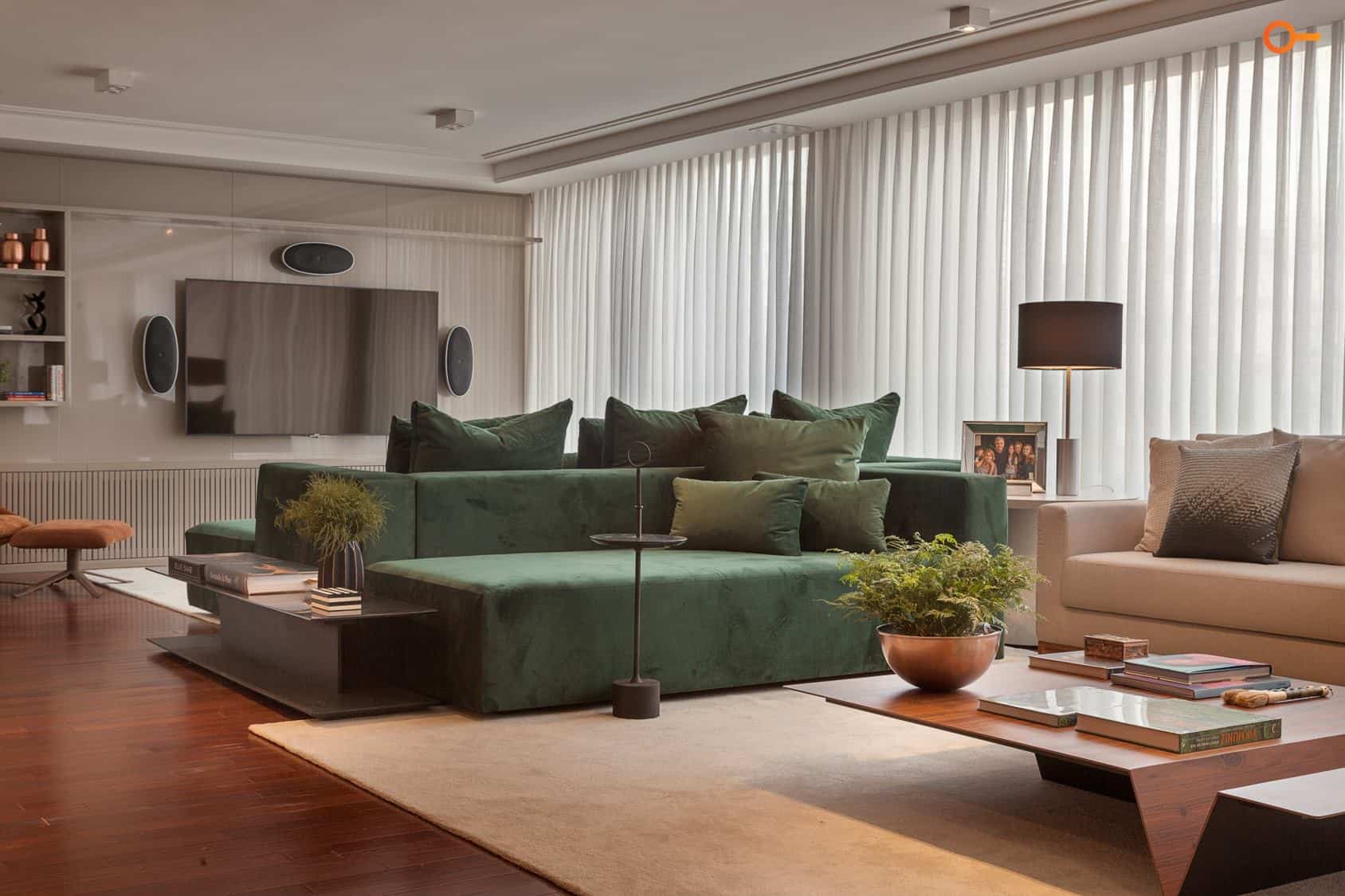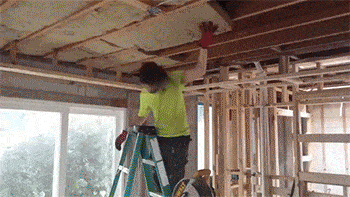
Por Victor Cortés
March 20, 2019
Contxto – Loft, the rapidly-growing real estate marketplace, raised US$70 million during a historic Series B round. Their goal: to reinvent the process of buying and selling of Brazilian properties – but I’d say potentially everywhere.
The company began in 2018, though honestly, it doesn’t seem like that. In less than one year, the startup raised its value to US$370 million.
After a successful US$18 million Series A round back in July 2018 (with support from Andreessen Horowitz and monashees), Loft is already closing its second round.
In this phase, previous backers made two-thirds of all investments. New investors such as QED, Fifth Wall Ventures, Valor Capital, as well as other angel investors, completed the rest.
We’ve said it before, and we’ll say it again, Proptech is thriving in Latin America.
In simple terms, Loft is a web platform devoted to buying and selling apartments. But it’s a little bit more complicated than that. In fact, it’s not your regular marketplace.
Normally when we hear about marketplace startups, we picture an asset-less platform in which buyers and sellers trade goods without any intermediaries. Well, not in this case.
Loft actually buys and sells the properties itself.
So, here’s how the whole process works. After homeowners or brokers submit a property to the platform, the Loft team conducts an initial analysis and valuation to establish the terms of the deal.
Subsequently, the Loft team visits the property to ensure everything is in good condition. If the parties settle a deal, the homeowner can literally leave with cash in hand.
What’s the value added? Apart from the digital and seamless buyer experience, the proptech startup also redesigns and decorates the apartment. Homeowners don’t even have to move a finger.
In the end, Loft offers ready-to-live housing arrangements unlike what other market competitors offer – apartments with no furniture or even in “sub-floor” conditions. Most marketplace properties aren’t immediately liveable, so this is where Loft fills the void.
Loft even has an effective ranking system to qualify the properties on a scale from one to five. A property with a ranking of “one” means it requires painting and cleaning while “five” signifies it needs an extreme makeover.

For Loft, profit depends on pricing. At the same time, though, the company believes success is also a game of volume, not just margins.
We are a market participant at fair prices. We want to earn in volume, not necessarily on every deal.
said co-founder, Mate Pencz to the Brazil Journal.
Not only is Loft different from other marketplace business models, but its founding team isn’t all that common, either. Loft began with seven founders, although Mate Pencz and Florian Hagenbuch are the two largest founding stakeholders.
A couple of years ago they met while working at Goldman Sachs in Europe. Suddenly jumping from a glamorous investment bank to founder status, they first started a graphics startup called Printi that still operates today. The two of them also invested in a few other startups, which included 99 and Gympass.
Today, Loft’s team members include financiers, real estate experts, as well as programmers. And so, that’s how they launched Loft.
Andreessen Horowitz, monashees, Canary VC and Thrive Capital led the Series A round. The joint investment also involved important angels, such as Max Levchin of Paypal, Eric Wu of OpenDoor, Joe Lonsdale of Palantir and David Vélez of Nubank.
We’ll say it again: Proptech is thriving in Latin America. And we’re not the only ones believing that.
-VC

Por Stiven Cartagena
January 12, 2026